Fitness on the Go: The Best Mobile Apps for Your Workouts
Category: Mobile Technology
Date: April 2023
Views: 1.14K
1. Introduction
In recent years, the popularity of fitness apps for mobile devices has skyrocketed, providing people with the convenience of being able to track their physical activity, exercise routines, and diet and nutrition with just a few taps on their phone. These apps offer personalized training, fitness tracking, and virtual coaching, making it easier than ever to achieve your fitness goals.
Moreover, with the rise of smartphones and mobile devices, fitness enthusiasts can now monitor their progress in real-time, receive coaching, and connect with other like-minded individuals through social fitness communities, no matter where they are. The range of activities covered by these apps includes cardiovascular health, strength training, yoga, running, cycling, swimming, weight lifting, and bodybuilding, among others.
If you're someone who is serious about your health and wellness, then investing in a top-rated fitness app for your mobile device can be a game-changer. But with so many options to choose from, it can be overwhelming to find the right app that suits your needs. In this article, we'll explore the top fitness apps for mobile devices, highlighting their unique features and functionalities, and how they can help you achieve your fitness goals. So, let's get started!
Highlights the popularity and convenience of fitness apps for mobile devices.
Mentions the personalized training, fitness tracking, and virtual coaching features of fitness apps.
Describes the range of physical activities covered by fitness apps.
Suggests that investing in a top-rated fitness app can be a game-changer for health and wellness.
Promises to explore the top fitness apps for mobile devices in the article.
2. Fitness apps and their benefits
Fitness apps for mobile devices have become increasingly popular because of the numerous benefits they offer. Here are some of the benefits of using fitness apps:
Personalized training: Fitness apps offer personalized training plans that are tailored to your fitness level, goals, and preferences. This means that you get a workout plan that is designed specifically for you, which can help you achieve your goals more efficiently.
Fitness tracking: Fitness apps allow you to track your physical activity, calories burned, steps taken, and more. This data can help you monitor your progress and make adjustments to your routine to achieve better results.
Virtual coaching: Some fitness apps offer virtual coaching, which can be especially helpful for beginners or people who prefer working out at home. Virtual coaching provides guidance and motivation through video tutorials and personalized feedback.
Social fitness communities: Many fitness apps have social features that allow you to connect with other fitness enthusiasts, join challenges, and share your progress. This can help you stay motivated and accountable, and also provide you with a support network.
Gamification features: Fitness apps often include gamification features like points, badges, and challenges, which make working out more fun and engaging.
Overall, fitness apps offer a convenient and effective way to achieve your fitness goals. By providing personalized training, fitness tracking, virtual coaching, social features, and gamification, these apps make it easier to stay motivated and committed to your fitness routine.
3. Importance of mobile devices in fitness
Mobile devices have revolutionized the way we approach fitness and wellness. With the help of fitness apps, individuals can now track their progress, set goals, and get personalized training plans all in one place. This is particularly beneficial for people with busy schedules who may not have the time or resources to go to a gym or hire a personal trainer.
Additionally, mobile devices provide a level of convenience that traditional fitness methods cannot match. Fitness apps can be used anytime, anywhere, allowing individuals to easily fit physical activity into their daily routine. Whether you're at home, work, or traveling, you can use your mobile device to access a wide range of workout plans, nutrition advice, and motivational content.
Moreover, mobile devices offer a wealth of features that enhance the overall fitness experience. From built-in sensors that track your activity and monitor your heart rate to integration with wearable devices that provide real-time data, mobile devices allow users to get a comprehensive view of their health and wellness. They also offer social networking and gamification features that make fitness fun and engaging, encouraging individuals to stay motivated and committed to their fitness goals.
In short, mobile devices have become an indispensable tool for anyone looking to improve their physical fitness and overall health and wellness. With the help of fitness apps and other digital tools, individuals can take control of their fitness journey and achieve their goals, regardless of their starting point or current level of fitness.
4. Top 5 Fitness Apps for Mobile Devices
When it comes to choosing a fitness app for your mobile device, the options can be overwhelming. To help you narrow down your search, we've rounded up the top five fitness apps that are currently available:
4.1 Fitness App 1: Personalized training and workout plans
Nike Training Club: Offers personalized workout plans and guidance from professional athletes and trainers
Aaptiv: Provides audio-based workouts with personalized coaching and tracking features
Fitbod: Creates customized strength training plans based on your goals, experience level, and available equipment
4.2 Fitness App 2: Activity monitoring and fitness tracking
Fitbit: Tracks your activity levels, sleep patterns, and heart rate, and provides personalized insights and goal setting features
MyFitnessPal: Helps you track your calorie intake, nutrient balance, and exercise habits, and provides personalized recommendations and progress tracking
Google Fit: Automatically tracks your activity levels and provides insights on your daily movement habits and progress towards your goals
4.3 Fitness App 3: Diet and nutrition tracking and analysis
Lose It!: Helps you track your food intake and exercise habits, set weight loss goals, and provides personalized insights and recommendations
Fooducate: Scans food labels and provides personalized recommendations based on your dietary preferences and goals
Cronometer: Tracks your nutrient intake and helps you optimize your diet for optimal health and performance
4.4 Fitness App 4: Virtual coaching and social fitness communities
Beachbody On Demand: Offers on-demand workouts led by professional trainers, as well as personalized coaching and support from an online community
Peloton: Provides live and on-demand fitness classes led by professional instructors, as well as personalized coaching and support from an online community
Strava: Connects you with a community of runners and cyclists, and provides personalized training plans and progress tracking features
4.5 Fitness App 5: Gamification and challenges
Zombies, Run!: Combines fitness tracking with an immersive story-based game that motivates you to run and exercise
Fitocracy: Turns fitness tracking into a game with rewards and challenges that help you reach your goals and stay motivated
Nexercise: Provides virtual rewards and challenges that help you stay motivated and engaged with your fitness routine.
5. Features to consider when choosing a fitness app:
When it comes to choosing a fitness app for your mobile device, there are several features to consider. Here are five key factors to keep in mind:
Goal setting and progress tracking: A good fitness app should allow you to set and track specific goals, such as running a 5K or losing 10 pounds. Look for an app that lets you customize your goals based on your fitness level, age, and other factors.
Integration with wearable devices: If you have a fitness tracker or smartwatch, look for an app that can sync with your device. This can provide more accurate data on your workouts and activities, and make it easier to track your progress over time.
In-app purchases and subscriptions: Some fitness apps require a one-time purchase fee, while others may offer additional features or content through a subscription model. Consider how much you are willing to spend, and whether the app's pricing structure fits your budget.
User interface and customization options: A well-designed user interface can make it easier to navigate and use a fitness app. Look for an app with a clean, intuitive interface and customization options that allow you to personalize your experience.
Privacy and security features: Finally, consider the app's privacy and security features. Look for an app that allows you to control who can see your activity data and other personal information, and that uses encryption or other security measures to protect your data.
6. The Future of Fitness Apps and Mobile Devices in Health and Wellness
As technology continues to advance, so do the capabilities of fitness apps and mobile devices. The future of health and wellness is likely to be heavily influenced by these advancements, with an increasing number of people turning to their smartphones and wearables to help them achieve their fitness goals.
Here are some potential developments we could see in the future of fitness apps and mobile devices:
More accurate tracking and analysis: With advances in technology, fitness apps and wearables are likely to become even more accurate in tracking our physical activity, sleep patterns, and nutrition. This could lead to more personalized recommendations for workouts and meal plans, and more detailed insights into our health and wellness.
Increased integration with virtual reality and augmented reality: As VR and AR technology becomes more widespread, we may see fitness apps and mobile devices incorporate these features into their offerings. This could provide users with a more immersive and engaging fitness experience, making it easier to stay motivated and on track.
Greater emphasis on mental health and wellness: While physical fitness is important, mental health and wellness are also crucial components of overall well-being. We may see fitness apps and mobile devices expand their offerings to include more features focused on mindfulness, meditation, and stress reduction.
More social and community-based features: Social support and accountability are important for many people when it comes to sticking to their fitness goals. In the future, we may see more fitness apps and mobile devices offering features such as social challenges, group workouts, and virtual communities to help users stay motivated and connected.
Increased use of artificial intelligence: AI-powered features such as personalized workout plans and nutrition recommendations are already available in some fitness apps. As AI technology continues to improve, we can expect to see even more sophisticated offerings in the future.
Expanded use in healthcare and medical settings: Fitness apps and mobile devices are already being used in some healthcare and medical settings, such as physical therapy and rehabilitation. As technology improves, we may see even more widespread adoption of these tools in healthcare and medical settings to help improve patient outcomes.
Overall, the future of fitness apps and mobile devices in health and wellness looks promising, with exciting possibilities for personalized, immersive, and effective fitness experiences. As technology continues to evolve, we can expect to see even more innovative and advanced offerings from these apps and devices.
7. Conclusion
In conclusion, there is no shortage of top fitness apps available for mobile devices that can help you achieve your health and wellness goals. From personalized training and workout plans to virtual coaching and social fitness communities, these apps offer a wide range of features to suit your individual needs and preferences.
When choosing a fitness app, it's important to consider factors such as goal setting and progress tracking, integration with wearable devices, in-app purchases and subscriptions, user interface and customization options, privacy and security features, and community support and motivation.
As mobile technology continues to evolve, the future of fitness apps and mobile devices in health and wellness looks promising. With new features and capabilities being added all the time, it's easier than ever to stay on track with your fitness goals and live a healthier, more active lifestyle.
So why wait? Download one of the top fitness apps for mobile devices today and take the first step towards a healthier, happier you!
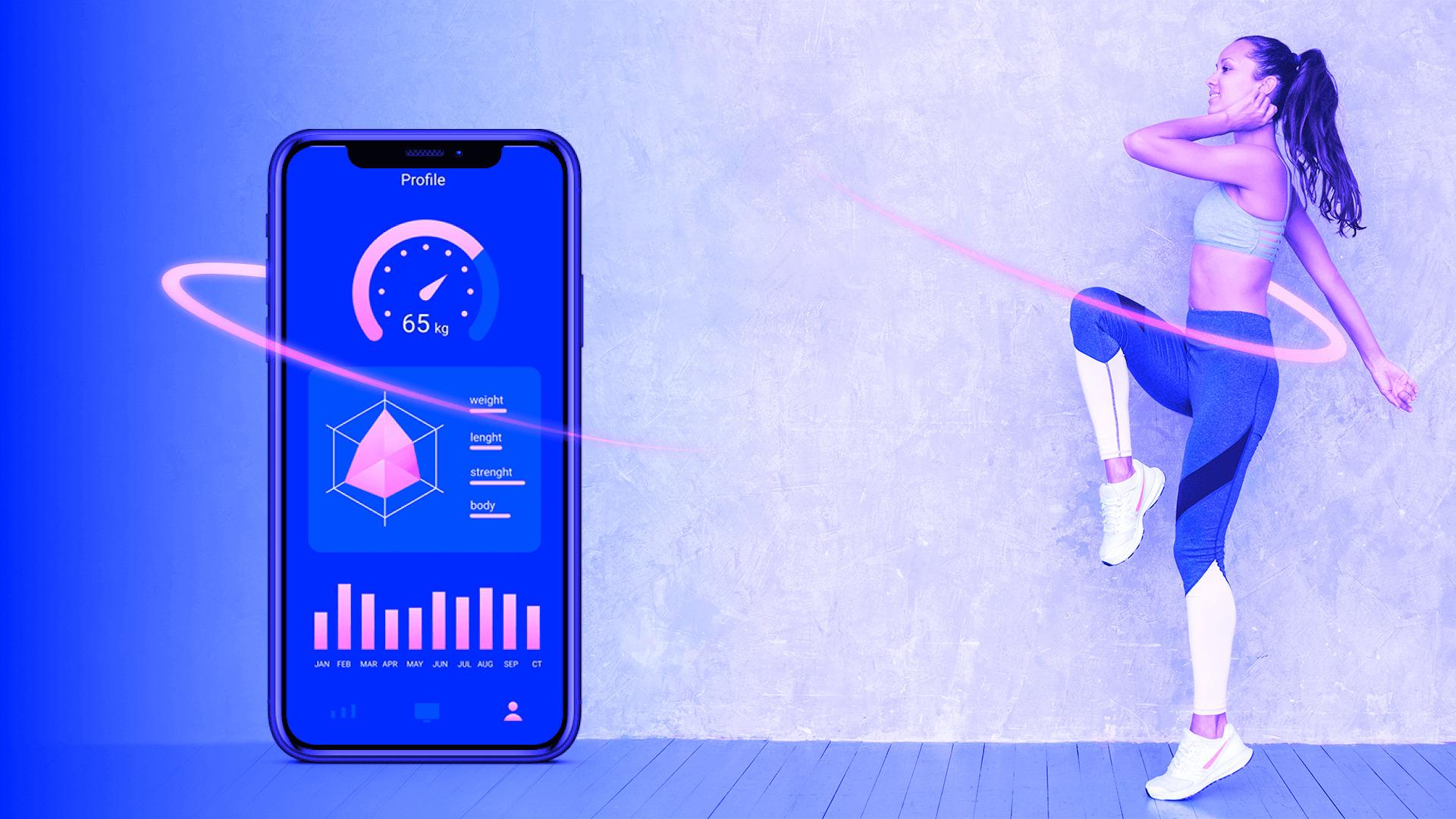
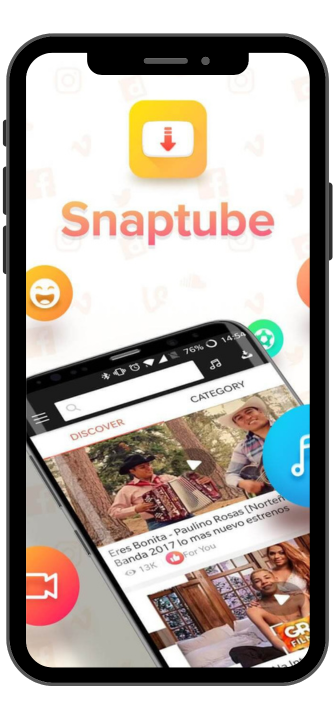
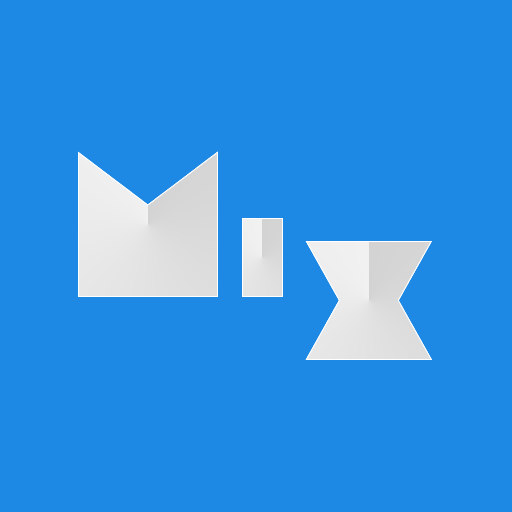




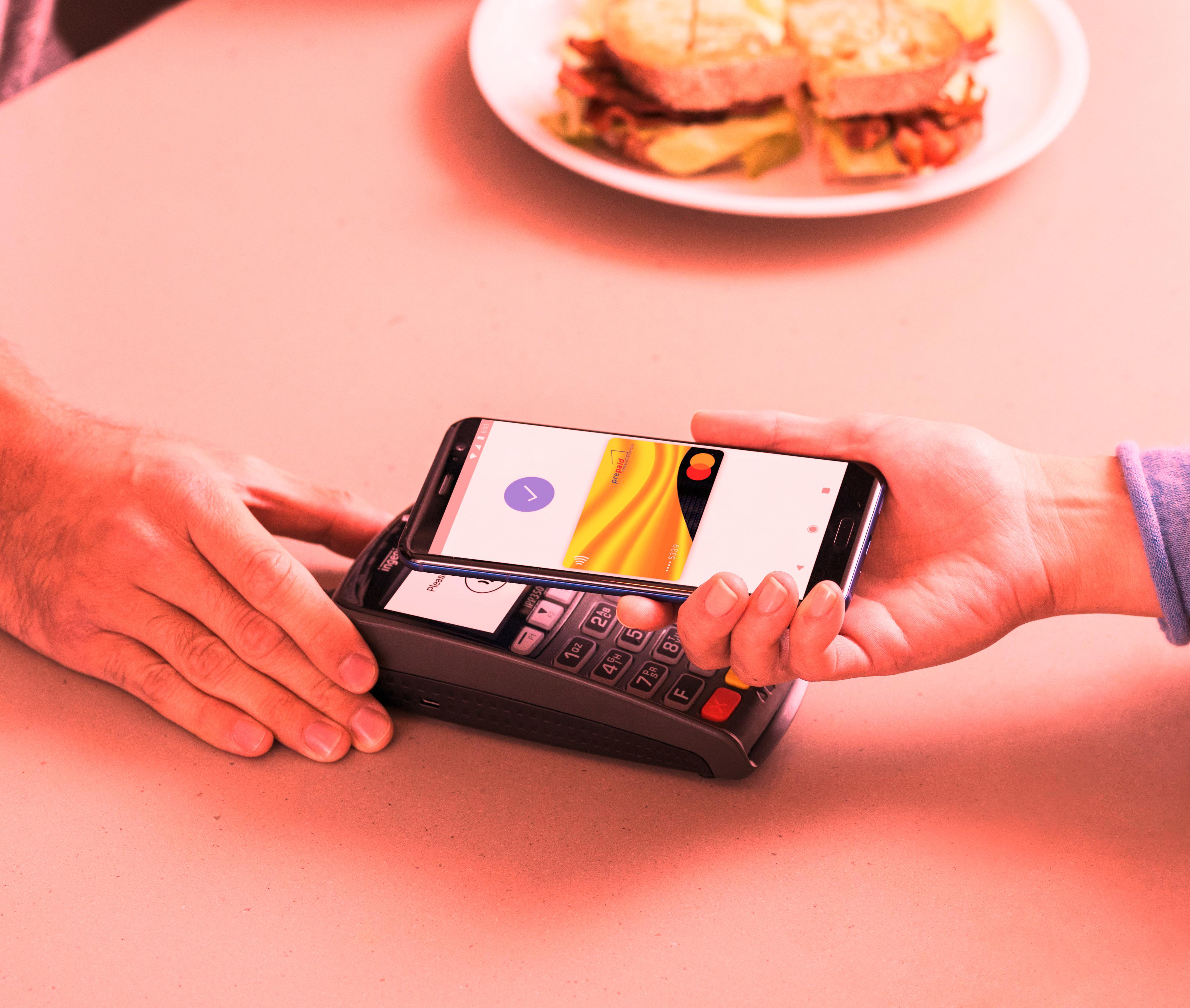








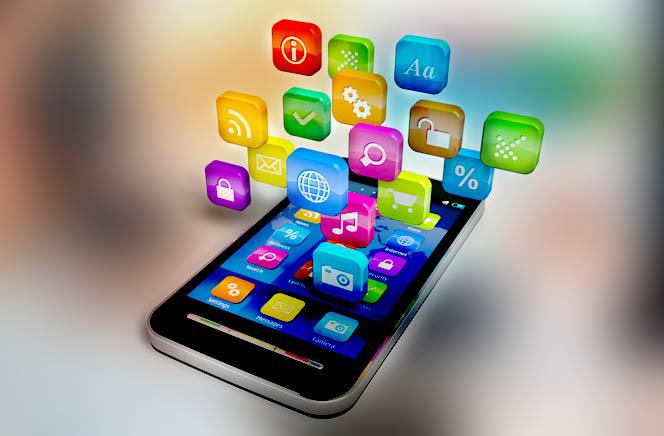



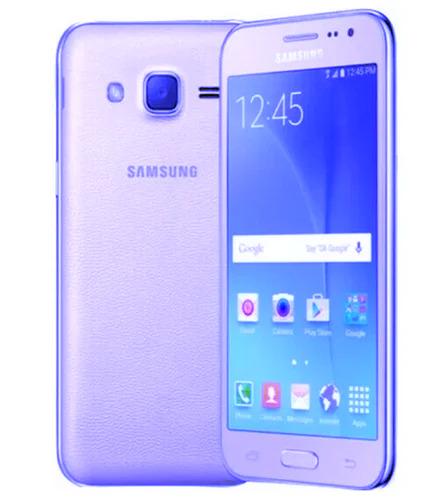
0 Comments, latest